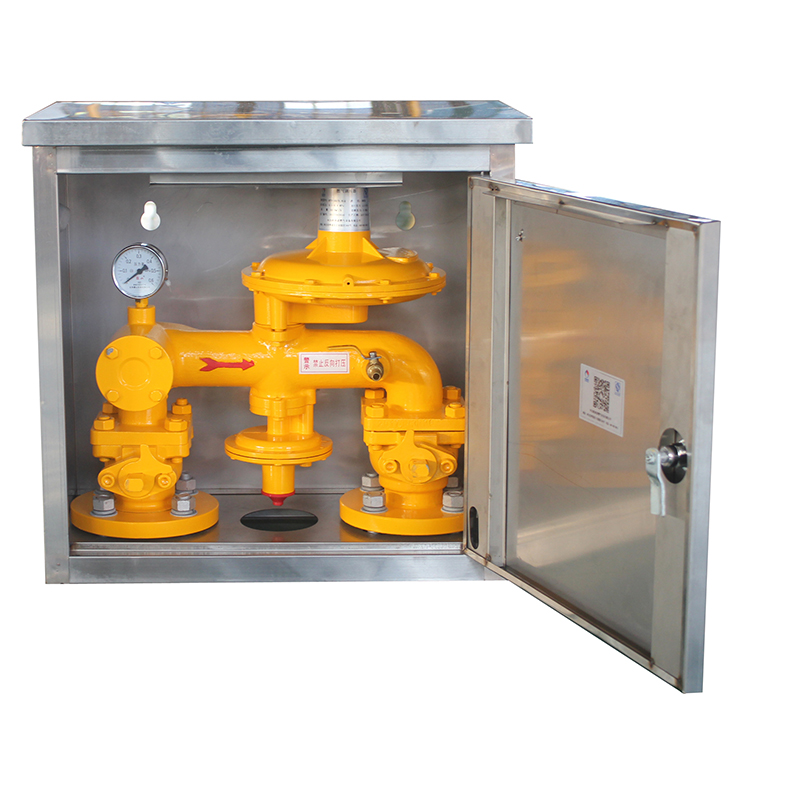
Dec . 11, 2024 10:09
Back to list
Understanding Pressure Pipes and Their Applications in Modern Infrastructure Solutions
Understanding Pressure Pipes A Comprehensive Overview
Pressure pipes play a critical role in various industries, facilitating the efficient transport of fluids under pressure. These specialized pipes are designed to withstand high-pressure conditions, making them indispensable in industries such as water supply, oil and gas, chemical processing, and wastewater management. This article aims to provide a detailed understanding of pressure pipes, their types, applications, and importance in modern infrastructure.
What are Pressure Pipes?
Pressure pipes are engineered to handle the stress exerted by high-pressure liquids or gases. They are typically constructed from materials such as PVC, HDPE (High-Density Polyethylene), ductile iron, steel, and reinforced concrete. The choice of material depends on the application and environmental conditions, as each material has its own advantages in terms of strength, durability, and resistance to corrosive substances.
Types of Pressure Pipes
1. PVC Pipes Polyvinyl Chloride pipes are lightweight, resistant to corrosion, and easy to install. They are commonly used in water supply and irrigation systems, often for lower pressure applications.
2. HDPE Pipes These pipes are known for their flexibility, durability, and resistance to impact and chemicals. HDPE is widely used in both water and gas distribution systems, especially in underground installations.
3. Ductile Iron Pipes Renowned for their high tensile strength and resistance to corrosion, ductile iron pipes are often used in municipal water systems and fire protection services. Their robustness makes them suitable for high-pressure applications.
4. Steel Pipes Steel pipes, including carbon steel and stainless steel, are necessary for handling very high-pressure applications. They are commonly used in the oil and gas industry, especially in transporting chemicals and natural gas.
5. Reinforced Concrete Pipes Used primarily for stormwater and sewage systems, reinforced concrete pipes offer strength and stability, crucial for managing heavy loads and high-pressure conditions.
Applications of Pressure Pipes
pressure pipe

Pressure pipes are integral to numerous applications across various sectors
- Water Supply Municipal water supply systems rely heavily on pressure pipes to deliver potable water to households and businesses. High-pressure ratings are required to ensure efficient flow over long distances.
- Oil and Gas Transport Pipelines are essential for the transportation of crude oil and natural gas. The high-pressure specifications help maintain safe and efficient movement of these resources from extraction sites to processing facilities.
- Chemical Processing In industries dealing with hazardous materials, pressure pipes made from specialized materials are essential to prevent leaks and ensure safe processing and storage of chemicals.
- Irrigation and Drainage Agricultural applications also use pressure pipes to manage irrigation systems, ensuring that water is efficiently delivered to crops.
Importance of Pressure Pipes
The importance of pressure pipes cannot be overstated. They are critical in maintaining the infrastructure that supports modern living. With increasing population densities and urbanization, the demand for efficient water supply and waste management systems has surged. Pressure pipes help meet these demands by providing reliable, safe, and efficient solutions to fluid transportation.
Moreover, with advancements in technology, the production and installation of pressure pipes have become more efficient, resulting in lower costs and improved longevity. Innovations such as trenchless technology allow for the installation of pipes with minimal disruption to existing infrastructure, proving that the industry is evolving to meet contemporary challenges.
Conclusion
In conclusion, pressure pipes are vital components in numerous sectors that aid in the effective handling of fluids under pressure. Their diverse materials and applications showcase their adaptability to various industrial requirements. As societies continue to grow and evolve, the importance of pressure pipes in ensuring the safety and efficiency of fluid transportation will persist, making them a cornerstone of modern infrastructure. Industries must prioritize the selection of appropriate materials and installation methods to optimize the performance and longevity of these essential systems.
Next:
Latest news
-
Safety Valve Spring-Loaded Design Overpressure ProtectionNewsJul.25,2025
-
Precision Voltage Regulator AC5 Accuracy Grade PerformanceNewsJul.25,2025
-
Natural Gas Pressure Regulating Skid Industrial Pipeline ApplicationsNewsJul.25,2025
-
Natural Gas Filter Stainless Steel Mesh Element DesignNewsJul.25,2025
-
Gas Pressure Regulator Valve Direct-Acting Spring-Loaded DesignNewsJul.25,2025
-
Decompression Equipment Multi-Stage Heat Exchange System DesignNewsJul.25,2025

